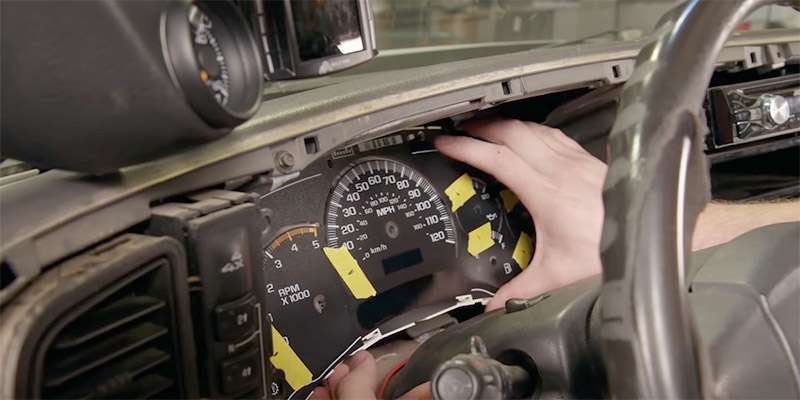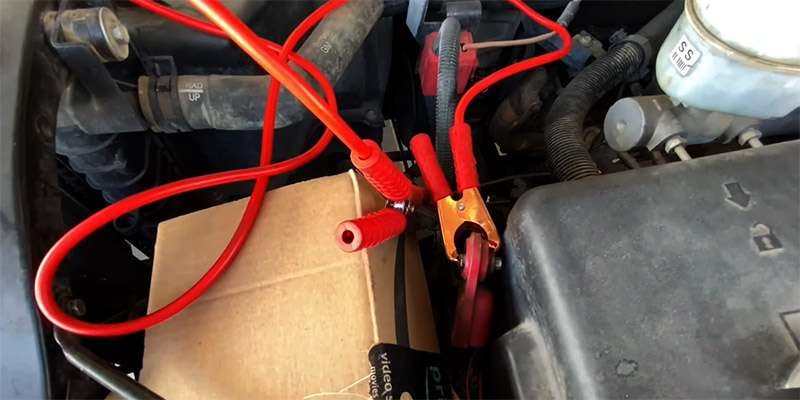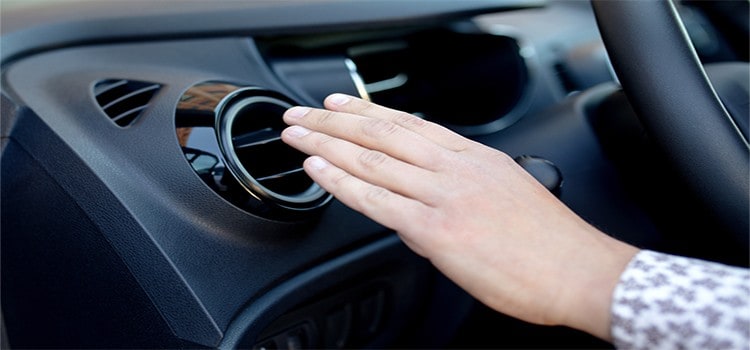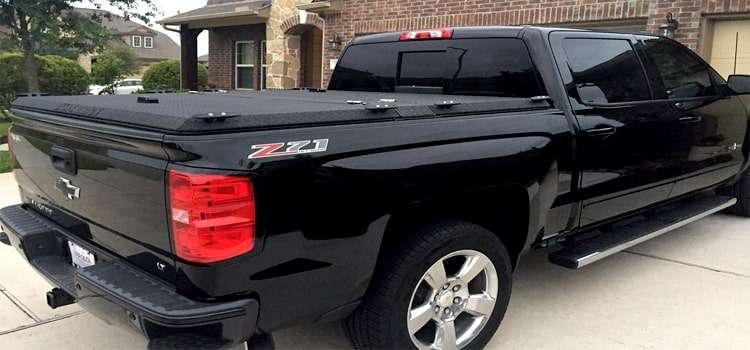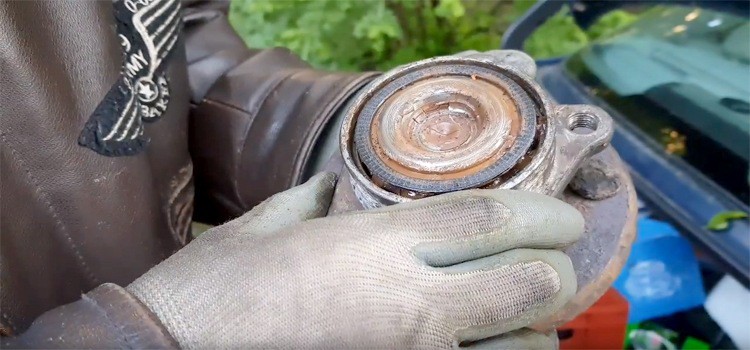Vehicles are part of the many inventions that have made life easy for humans on the earth. The migration from one place to another has been highly made easy through the availability of cars. A car can be a very nice asset to own. But beyond owning a car, there is the need for regular maintenance; otherwise, the vehicle may start developing a fault.
One common fault with vehicles is the issue of AC. When you buy a new car, everything seems to work perfectly well, but you may start experiencing some hassles as time goes on. At some point, your car AC stops blowing cold air after a while. If you are facing a challenge with your car AC, you may have been asking, “Why is my car air conditioner not blowing cold air?”
It is essential to know that this is one common challenge in almost every car with an air conditioning system. Sometimes, the air conditioner may cease to blow cold air; it may start blowing hot air at another point. It is sometimes difficult to trace the real problem in the car resulting from the malfunctioning of the air conditioner. If you don’t like the DIY system, you would have to employ a professional mechanic to help you fix the issue.
Whether you’re interested in DIY or not, this article is geared toward helping you understand your vehicle’s AC system, how it works, the reasons why your car’s AC is not blowing cold air, etc. Having received sufficient understanding from this article, you would have found answers to why your car’s AC stopped working suddenly.
Understanding Your Vehicle’s AC System
Suppose you face a problem with the effective working of your car’s air conditioner. In that case, the essential information you may likely require before finding a solution to the problem is to understand how your vehicle’s AC system works. A good understanding of the workings of your car’s AC can help you fix a minor challenge without having to consult a mechanic except if the fault is beyond your capacity to handle.
The effective working of your car AC is dependent on the proper functioning of the main parts of your vehicle’s air conditioning system. The components of the car AC system are as follows.
Compressor
The compressor is the central (heart) of your car’s AC system. It compresses the refrigerant and converts the gaseous substance into liquid form with high temperature and pressure. The compressor is connected to the engine with a drive belt. The connection helps the compressor rotate from the engine.
Refrigerant
Although the refrigerant is not entirely part of the system, it is essential to know that it cannot work without it. The lifeline of the air conditioning system is a function of the refrigerant. Usually, the refrigerant is initially in gaseous form, but in high temperatures and pressure, the gas from the refrigerant is converted into liquid. The components of the AC system need the refrigerant to function correctly.
The following are some types of refrigerants in their coded names; “R-22”, “R-410A”, “R-134A”, etc. Your professional mechanic would be best to recommend the one suitable for your vehicle.
Condenser
The condenser is a susceptible component of the air condition system. It is located in front of the car in the similitude of a radiator. It is positioned in front of your car’s cooling fans.
As the name implies, the condenser condenses the high-pressure and high-temperature refrigerant dispensed by the air compressor. The process occurs when there is a flow of the refrigerant through the tubes of the vehicle, which is also enhanced by cold air blowing through the front of the car.
Expansion Valve
The expansion valve is responsible for converting a high-pressure liquid refrigerant into a low-pressure liquid.
Receiver
The receiver functions at the preparatory stage of the process. It helps remove any form of moisture that may have entered the refrigerant from the evaporator. It is crucial to ensure that moisture is cleared for the steam not to become ice, thereby blocking or damaging the system.
Evaporator
The evaporator is the component solely positioned inside the cabin. Other components are fixed around the engine bay. The evaporator looks like a bit of a radiator with the same tubes and fins. The evaporator receives the cold refrigerant from the receiver (drier). There’s an exchange of heat for cold air from outside the engine through the hard evaporator core as the air from the cabin blows.
The Cooling Process of A Vehicle’s Air Conditioner
The compressor initiates the process. It compresses the refrigerant and translates it to liquid form from its initial gaseous state. This process boosts the temperature and pressure of the refrigerant.
The pressured refrigerant, which is now hot, travels to the condenser from the compressor. Then it circulates in the appropriate tubes of the condenser. This process helps the refrigerant become cool since the cooling fan constantly blows cool air into the condenser. This helps to cool down the refrigerant in the condenser’s tubes.
The cool, high-pressured refrigerant moves into the expansion valve, minimizes the pressure level, and keeps it cooler than before. Through this process, the refrigerant flows adequately into the evaporator. At this stage, there are dry, cool, and low-pressure refrigerants available to work effectively.
Then the liquid from the cool low-pressure flows into the evaporator. Simultaneously, the hot air from the cabin blows into the evaporator core (that holds the cool refrigerant). Then, there’s an air exchange from outside with heat by the refrigerant inside the evaporator pipes. Thereafter, the cool air is blown into the air vents in the cabin by the fans.
After the above process is completed, another process is also initiated by the hot, low-pressure refrigerant.
Top 3 Reasons Why Your Car AC is Not Blowing Cold Air
Bad Compressor
The state of your car’s compressor is one of the fundamental factors that determine whether your car’s AC would work well or not. A bad compressor would prevent the refrigerant from flowing freely through the circuit of the AC, and based on this defect, your car’s AC could malfunction and stop working effectively.
One of the killers of a car’s compressor is not putting it to use, especially over a long period. Sometimes, people leave their car AC during winter without using it at all.
Refrigerant Leakage
Is your car AC not blowing cold air sometimes? The primary cause of this problem is usually traceable to a leakage in the refrigerant. The leakage can occur at any point of connection between the components of the AC system or within any of the circuit elements.
Usually, the external condenser is the component that quickly gets a leakage defect. There may have been damage to the soft fins due to an accident. It is easy to detect any form of leakage in the components or between the components’ connections by smearing oil on them.
Bad Cooling Fans
Is your car AC not blowing cold air after recharge? It is most likely that the cooling fans have gone partially bad or totally bad. The cooling fans are responsible for cooling down the hot refrigerant that proceeds from the compressor.
The fans blowing the cold air are designed to impact the condenser where the hot refrigerant flows into. If your car’s AC stopped working suddenly, you might need to check the cooling fans if they are still in good shape.
Frequently Asked Questions
Car owners who encounter malfunctioning of their air conditioners have closely related questions in mind. These are some of those frequently asked questions and possible answers to them.
- Why is my car’s air conditioning not cold?
It is a sign that your car has a fault when your car’s AC cools but is not cold. The fault is not generic. There are specific reasons why your car’s air conditioning is not cold. Some of the reasons are as follows.
- It could be that your car’s AC needs recharging. Whether your car is a brand new one, there comes a time when it would lose a bit of refrigerant due to usage over a long period. Sometimes this effect may go unnoticed. You may not realize a change in the AC temperature because the impact is usually not significant in effect.
- It could be that the AC compressor no longer engages effectively. The heart of the AC system is the compressor. If your car compressor stops engaging properly, the air won’t get cold because there may be a low Freon level.
- There could also be a slight electrical problem. Some of the components of your car air conditioner system are electrical, the car compressor inclusive. Therefore, if you seem to have verified that the parts are intact; with no leakage, no damage, etc., you may have to check out for any electrical problems.
- Why does my car air conditioner blow cold then warm?
It can be frustrating to find your car AC experiencing a flip-flop from blowing cold to hot. The reason may not be farfetched from the following.
- There could be a fault in the compressor clutch.
- There could be a leak in the air conditioning system.
- A blown fuse can also be responsible for the fault.
- Or maybe your car expansion valve is failing.
Conclusion
Having done the observation as discussed in this article, if you are still pondering and asking, “Why is my car air conditioner not blowing cold air?” There could be a few other reasons why your car air conditioning system is not blowing cold air or working effectively. But they are all related to all the points in this article.
It is essential that even before you contact a professional mechanic to check out whatever fault your car is facing, you should have a glimpse of what the fault could be. It helps make the diagnosis process seamless and the repair process fast enough, so you don’t have to waste time unnecessarily.
The information you have received from this article has boosted your level of understanding about your car’s air conditioning system; what the components are, their connection process, how the entire system works, some reasons for the malfunctioning of your car AC, as well as some common questions car owners ask and their possible answers.
You are just some steps ahead of car owners who do not possess this knowledge. Endeavor to engage the service of a mechanic if you are not much DIY personnel. But I’m sure your mechanic would realize how much you know about the workings of your car’s AC system once you start discussing the issue.
This can give you a level of confidence in ensuring that the problem would be adequately fixed because the mechanic would think you observe whether he has done an excellent job or not.
 Skip to content
Skip to content

